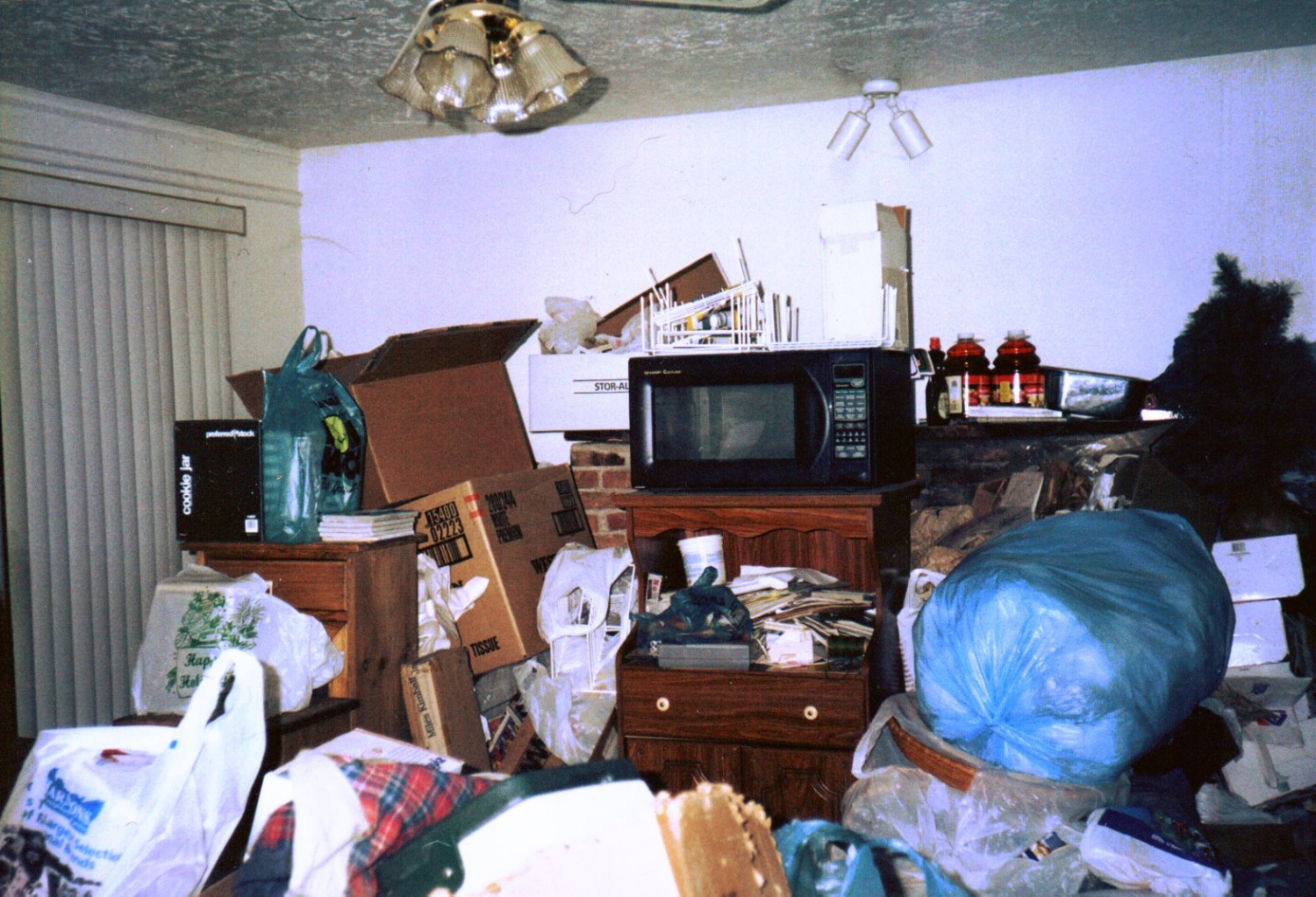News
Rising Hoarding Disorder Among Older Americans Sparks Urgent Senate Action

hoarding living room | (Photo : Shadwwulf / Wikimedia Commons)
The Senate has issued a comprehensive report on the rising issue of hoarding disorder among older Americans, calling the need for immediate national intervention. This marks the first instance of Congressional attention directed toward the mental health condition that affects a significant portion of the aging population.
Sen. Bob Casey, D-Penn., chair of the Senate Special Committee on Aging, spearheaded the report, which aimed to shed light on the growing crisis. "My report is a first step to raising awareness of hoarding disorder," Casey told news website Axios.
Hoarding disorder, characterized by a persistent difficulty in discarding possessions, reportedly affects about 2% of the general U.S. population and a notably higher 6% of adults over 70. With America's population rapidly aging, experts anticipate a significant rise in the prevalence of this disorder, compounding the existing public health and safety concerns, according to FOX16.
The disorder can lead to severe consequences, including hazardous living conditions that pose serious health risks, exacerbate social isolation, and hinder emergency response efforts. Additionally, hoarding can contribute to broader public health issues, such as mold infestations or vermin that may affect neighboring properties.
The Senate report criticized the current lack of targeted action by federal agencies. It pointed out that the Substance Abuse and Mental Health Services Administration (SAMHSA) and the Administration for Community Living (ACL) do not offer specific programs addressing hoarding disorder. Furthermore, the Centers for Disease Control and Prevention (CDC) has not updated its online resources on the topic in recent years.
To combat the growing concern, the report outlined several recommendations:
Enhanced Data Collection: There is a pressing need for better data on hoarding's impact, especially on older adults and the challenges faced by first responders dealing with these situations.
Public Awareness Campaigns: Increased public education is essential to destigmatize the disorder and encourage those affected to seek help.
Federal Training and Local Support: Training programs and federal assistance should be provided to local service providers to improve their ability to address hoarding situations effectively.
Expanded Coverage for Treatment: Medicare and Medicaid should extend their coverage to include treatments for hoarding disorder, making it more accessible to those in need.
Direct Engagement: Active involvement with affected individuals and their families is crucial to develop effective intervention strategies and provide adequate support.
The report emphasized that with the anticipated demographic shift, it is imperative for the federal government to prioritize emerging issues that have previously been overlooked, with hoarding disorder being a prime example. Addressing this condition comprehensively will not only improve the quality of life for older Americans but also alleviate the associated social and economic burdens.








Join the Conversation